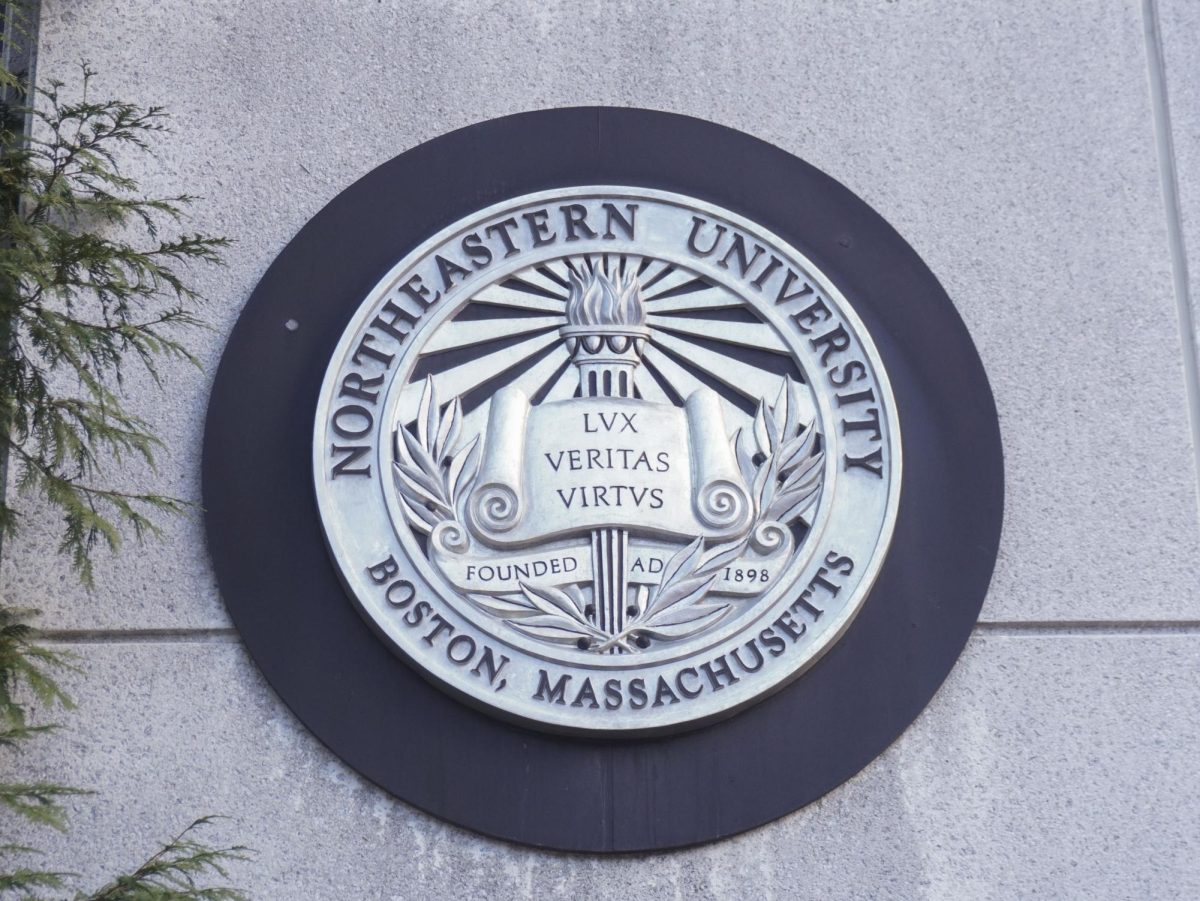The recent night club tragedies in both Chicago and West Warwick should serve as an eye opener to the public.
Millions of people visit different public buildings every day, but what if something went wrong? How often do you take notice of fire exits, or check for a sprinkler system? With the threat of a terror attack looming, safety checks should become a number one priority and a second nature.
Buildings are sometimes equipped with minimal safety equipment in order to save money for crunched budgets, or in other cases, because of lenient fire regulations.
At Northeastern, the new buildings in the West Campus complex, for instance, are above and beyond fire safety regulations, and equipped with updated fire alarms and sprinkler systems, but older buildings — especially residence halls — meet just the minimum requirements.
A Nov. 2001 Boston Magazine article states that Massachusetts does not require sprinkler systems to be present in renovated dormitories that were built before 1974 or that are shorter than 70 feet. Northeastern was specifically mentioned in the article.
With more and more students living on campus, it is imperative to know where the fire exits are in residence halls, and use them anytime a fire alarm goes off — drill or not. But Northeastern must hold up its end of the deal as well and keep students safe in their residence halls.
Paying extra attention to one area of fire safety, fire exits for instance, does not make up for leniency in other areas, such as sprinkler systems.
Every member of the NU community needs to be more aware of their surroundings in order to help prevent another tragedy.









